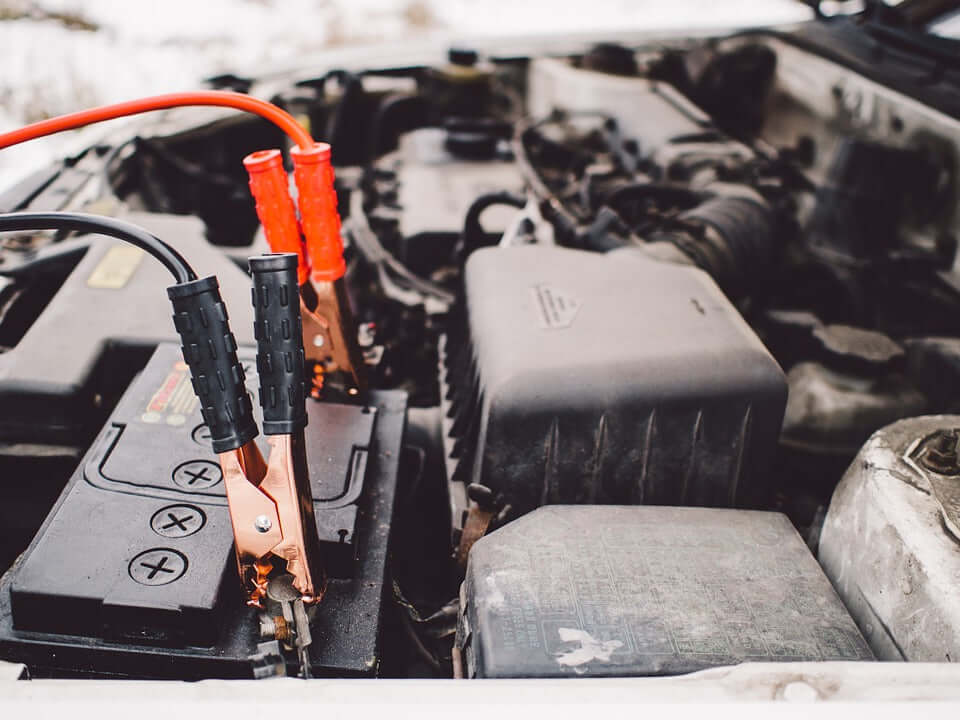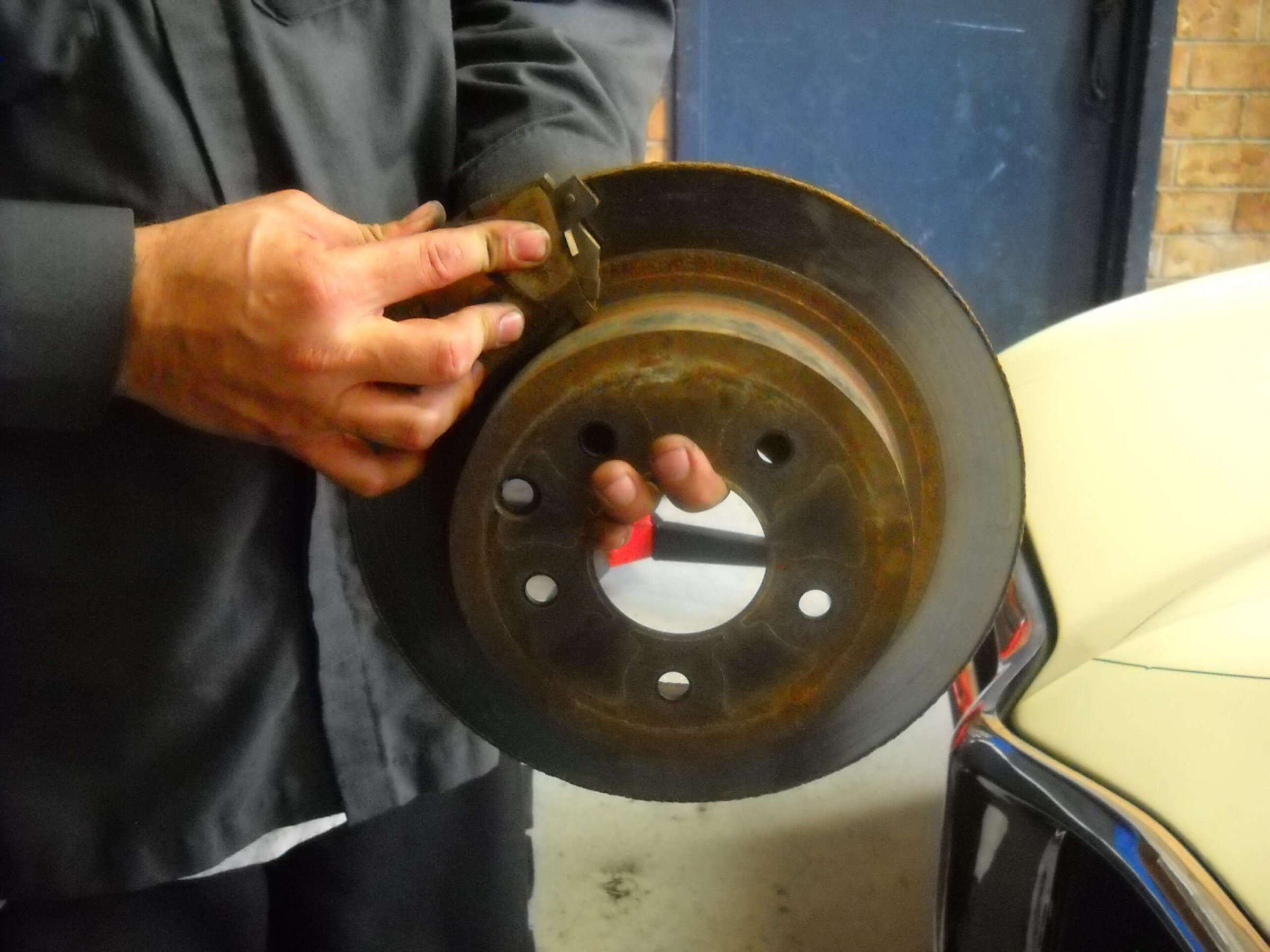You go out to your car in the morning, cup of coffee in hand, ready to conquer the day. You put the key in the ignition and...nothing. Maybe a little whine. Maybe a rather pathetic attempt to turn over. Maybe just the indicator lights coming on. Your battery is dead. Time to replace it, probably. Not all car batteries are created equal. Here are a few steps to determining first, whether you need a new battery and if so, choosing the best possible option for your car.
1. Test your current battery
You may not actually need a new battery just yet. There are many reasons why your current one wouldn’t respond while it still has plenty of “juice” left in it. Maybe there’s a loose connection. Maybe it just powered down because a cabin light or headlight was left on and it just needs a jump. Most auto parts stores offer free battery testing, but that does you very little good if you’re stuck with a car that won’t start. These days, battery testing gizmos are readily and cheaply available. It’s one of those things that’s just good to keep around, especially if your car or battery is getting on in years. If your battery tester tells you it’s time for a new one, move on to step two.
2. Get your numbers correct
There are a vast number of different batteries made to fit different cars. Some are more standard than others. The battery itself should display the size and voltage, but your best bet is to consult your owner’s manual. If you don’t have your owner’s manual, a quick search of your vehicle’s make and model should tell you what you need. Likewise, many auto parts stores have a digital and print catalog of what parts fit your specific car. Note that sometimes different engine sizes in the same line of models use different batteries. Make sure that you buy the correct one for your vehicle. The wrong size or voltage can fry your vehicle’s electronics, which would cost you a lot more than just a new battery to repair.
3. Do your research
With search engines and infinite information at our fingertips, there is no excuse not to do your research these days. Try entering “best battery for
4. Warranties are good
Many batteries carry a warranty. These often vary in length. Consider buying the battery with the longest warranty if they are relatively the same in other factors. This will ensure that if anything happens, you won’t be stuck shelling out another $100-$200 sooner than expected.
5. Replace it (correctly)
Replacing a car battery yourself is one of the easier DIY auto repair tasks. If you know how to take off and put on the terminals, you can replace a battery. Note that batteries are far, far heavier than they appear. Be prepared to lift about 10-15 pounds without a very secure grip. Always wear gloves. It is highly advisable to clean the area around the battery thoroughly while you have the space to do so. In most cases, a simple wipe-down with a clean rag will get all the grease and grime from around the housing. This will help keep the new terminals clean and the connection solid. Here's a short video to help you if you want to try and install it yourself:
The install is also a quick and easy job for a mechanic, and you shouldn’t have to pay for more than half an hour of labor to do so. Consider going to a mechanic and having them look over the car while you’re there. Maintaining your car’s battery is essential to keeping its electronic system healthy. It is always better to replace it before it needs a new one than after. Keeping a strong, healthy battery in your car will bring you peace of mind and ensure that you make it where you need to be on time--no morning surprises! For more car care advice and maintenance tips, check out the Strutmasters blog.




